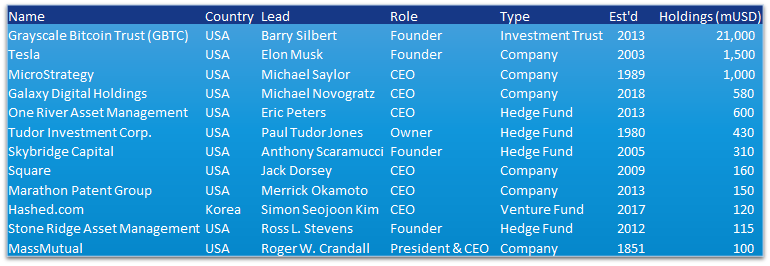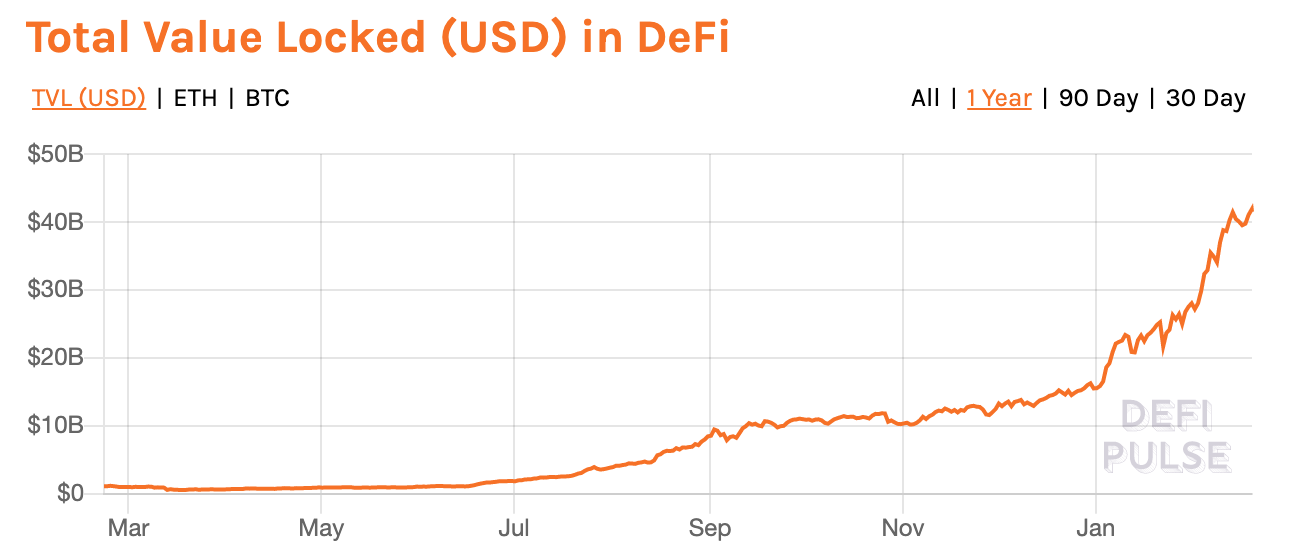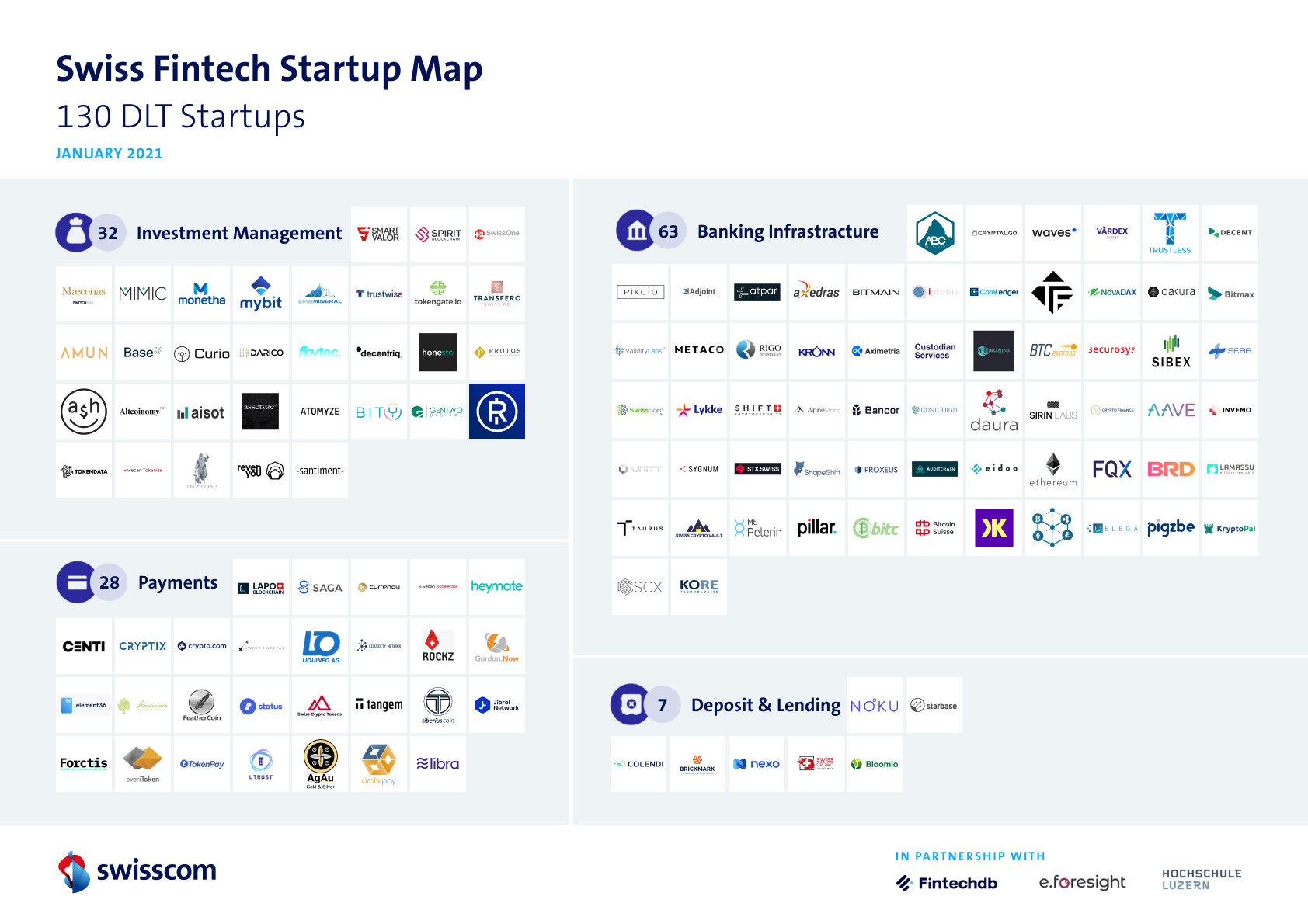Bitcoin’s recent price surge has accelerated institutional adoption of cryptocurrencies leading to institutional investor pouring an estimated US billion into bitcoin over the past eight months, an analysis by SNGLR Group shows. In its second report part of the Digital Asset Briefing series, the Swiss tech firm looks at the latest developments and trends in cryptocurrencies and digital assets, arguing that bitcoin’s current rally has led to renewed interest in cryptocurrencies, a trend that comes on the back of favorable regulatory endorsements and large institutional investments coming in from names like Testa, MicroStrategy and Square. SNGLR Group’s analysis suggests that at least US billion have been invested into bitcoin over the past six to eight
Topics:
Fintechnews Switzerland considers the following as important: 6a.) Fintechnews, Blockchain/Bitcoin, central bank digital currency (CBDC), cryptocurrency, decentralized finance (DeFi), Digital asset, Featured, newsletter
This could be interesting, too:
Nachrichten Ticker - www.finanzen.ch writes Die Performance der Kryptowährungen in KW 9: Das hat sich bei Bitcoin, Ether & Co. getan
Nachrichten Ticker - www.finanzen.ch writes Wer verbirgt sich hinter der Ethereum-Technologie?
Martin Hartmann writes Eine Analyse nach den Lehren von Milton Friedman
Marc Chandler writes March 2025 Monthly
Bitcoin’s recent price surge has accelerated institutional adoption of cryptocurrencies leading to institutional investor pouring an estimated US$26 billion into bitcoin over the past eight months, an analysis by SNGLR Group shows.
In its second report part of the Digital Asset Briefing series, the Swiss tech firm looks at the latest developments and trends in cryptocurrencies and digital assets, arguing that bitcoin’s current rally has led to renewed interest in cryptocurrencies, a trend that comes on the back of favorable regulatory endorsements and large institutional investments coming in from names like Testa, MicroStrategy and Square.
SNGLR Group’s analysis suggests that at least US$26 billion have been invested into bitcoin over the past six to eight months. This figure only comprises publicly announced transactions, suggesting that the real amount could actually be well over that.
| Barry Silbert’s Grayscale Investments, the world’s largest digital currency manager, currently leads the way with some US$21 billion in assets under management. Grayscale is followed by Tesla, which announced earlier this month that it had bought US$1.5 billion worth of bitcoin. Software maker MicroStrategy stands in third position after it unveiled that it had acquired US$1 billion worth of bitcoin throughout 2020. MicroStrategy is now reportedly looking to buy more. Another big name that’s on the list is Square, which is said to be holding about US$160 million worth of cryptocurrencies.
Rising institutional participation comes on the back of a series of favorable regulations and developments involving blockchain and digital assets. In September 2020, Switzerland passed the new distributed ledger technology (DLT) bill, a new framework that experts and industry observers have argued will make Switzerland one of the most advanced jurisdictions for digital assets. Some provisions entered into force in February 2021 while the remaining will commence in August 2021. |
Another area that’s been gaining stream is central bank digital currency (CBDC). A new research by the Bank for International Settlements (BIS) found that 86% of central bank around the world are now actively engaging in some form of CBDC work. About 60% are conducting experiments or proofs-of-concept, while 14% are moving forward to development and pilot arrangements.
In the private sector, large financial institutions and incumbents recently made some big moves. Goldman Sachs, JPMorgan and Citi have reportedly showed interest in entering the digital asset custody business, while BlackRock, the world’s largest asset management, is planning to add bitcoin futures as an eligible investment to two funds, according to a recent company filing.
Another bullish trend has been the series of public listing announcements from crypto companies including Coinbase and Bakkt.
Coinbase, the biggest cryptocurrency exchange in the US, said in a statement last month that it planned to go public through a direct listing. Intercontinental Exchange-owned Bakkt announced in January that it had agreed to merge with blank check firm VPC Impact Acquisition Holdings in a deal that would give the cryptocurrency trading platform a valuation of US$2.1 billion. And Gemini, another cryptocurrency exchange, has hinted at a potential public listing.
Decentralized finance (DeFi) gains momentum
Renewed interest in cryptocurrency has led to the emerging decentralized finance (DeFi) space to finally break through the so-called “institutional barrier,” a trend that’s evidenced by the significantly larger amounts of capital flowing into the sector, the SNGLR Group report says.
DeFi refers to a form of finance that does not rely on central financial intermediaries such as brokerages, exchange or banks to offer financial instruments, but instead utilizes smart contracts on blockchain platforms, the most common being Ethereum. DeFi products and services include decentralized exchanges (DEX), lending and yielding farming, stablecoins, synthetic assets, and automated market making (AMM).
| Data from DeFi Pulse, a market intelligence and analysis platform, show that the total value locked (TVL) in DeFi platforms currently stands at more than US$41 billion, up 412.5% from September 2020 at US$8 billion. TVL measures the total value of tokens currently being staked in a specific protocol, representing thus the total amount of underlying supply being secured by a specific application and/or a DeFi as a whole. |
Total value locked (USD) in DeFi, Feb 19, 2021, defipulse.com |
Metrics from the DeFi industry shows that investors are increasingly diversify into the emerging but largely unregulated space. The SNGLR Group report notes that for the year 2020, only Chainlink, a decentralized oracle network that provides real-time data to smart contracts, and Synthetix, a protocol that enables the issuance of synthetic assets on the Ethereum blockchain, outperformed bitcoin at 62% and 40% respectively.
The price of bitcoin, the world’s largest cryptocurrency, surged above the 52,000 USD/BTC level on Wednesday in a new all-time high. Bitcoin more than quadrupled in 2020 and has gained over 70% this year already.
Tags: Blockchain/Bitcoin,central bank digital currency (CBDC),cryptocurrency,decentralized finance (DeFi),Digital Asset,Featured,newsletter










